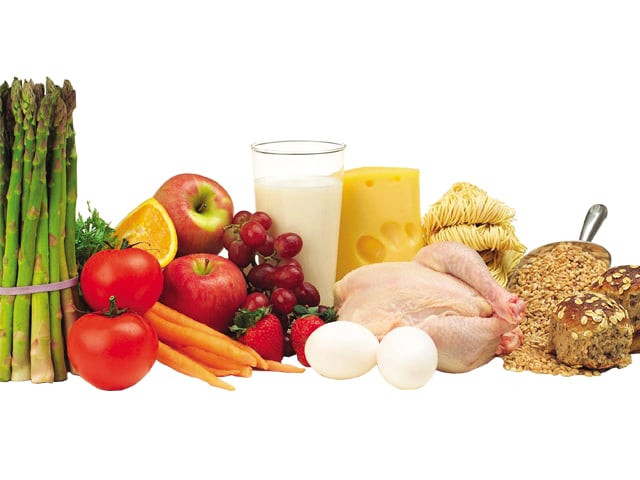Policy forum: Control price, save people from hunger, malnutrition
Participants demand reduction of taxes on agriculture inputs and packed food items.

The food price hike is causing increased hunger and malnutrition, especially among women and children. It is also a threat to the economic recovery where reduction in purchasing power of people is risking their social stability. There is need to bridge research, policy and practice gap.
This was stated by Mahnaz Ajmal Paracha of Oxfam GB during a policy forum titled “Food Price Volatility and Policy Options” held on Friday, said a press release issued by the organisers. Paracha added that households are spending more than 65 per cent of their income on food that is leaving them with lesser money to spend on education and health.
The speakers were of the view that government should invest more in agriculture sector. They urged upon the government to come up with food security policy to ensure that 50 per cent poor people get food and small farmers are protected.
They cited the India Food Bill that enables 70 per cent of rural and 60 per cent urban Indian poor to get food on nominal prices.
Nasir Aziz from Actionaid said higher food prices hurt poor and their coping mechanisms. He said, based on the information gathered from the field level assessments from the ActionAid Pakistan local rights programmes, poor people suffered due to increase in staple food price or reduced food availability. Poor families are now forced to eat cheaper foods with lower nutritional value, consume less food in meals or even skip meals at times.
Aftab Alam from Actionaid said it is alarming to note that during last three years prices of wheat flour rose by 78 per cent, while sugar price increased by over 160 per cent. The price of meat registered an increase of 103 per cent and other food items also became “extremely expensive”.
Agriculture Policy Analyst Muhammad Amin said the government through its resources, provides support price mechanism to protect farmers from any price fluctuation impacts. He called for regulating the role of middle-men so that they cannot exploit farmers.
A senior policy expert on food and agriculture, Dr Shahid Zia called upon civil society to form an independent civil society commission on agriculture to develop a long-term vision for agriculture and food price mechanism.
He also suggested to sort the agriculture sector tax issue once and for all. He said small farmers having less than 25 acres of land should be exempted from any tax while tax can be introduced for land holdings above 25 acres.
Meanwhile, Shafqat Munir, policy analyst and campaigner, said there is a need for a social movement by all consumers to ensure that their demands for price control are not politicised either by the government or the opposition for the sake of point scoring. “It is a national issue of policy formulation. Each political or administrative force is responsible to control price hike,” he added.
The forum was jointly organised by Actionaid and Oxfam GB in collaboration with Pakistan Kissan Ittehad and Sustainable Agriculture Action Group.
Published in The Express Tribune, December 31st, 2011.



1724319076-0/Untitled-design-(5)1724319076-0-208x130.webp)















COMMENTS
Comments are moderated and generally will be posted if they are on-topic and not abusive.
For more information, please see our Comments FAQ